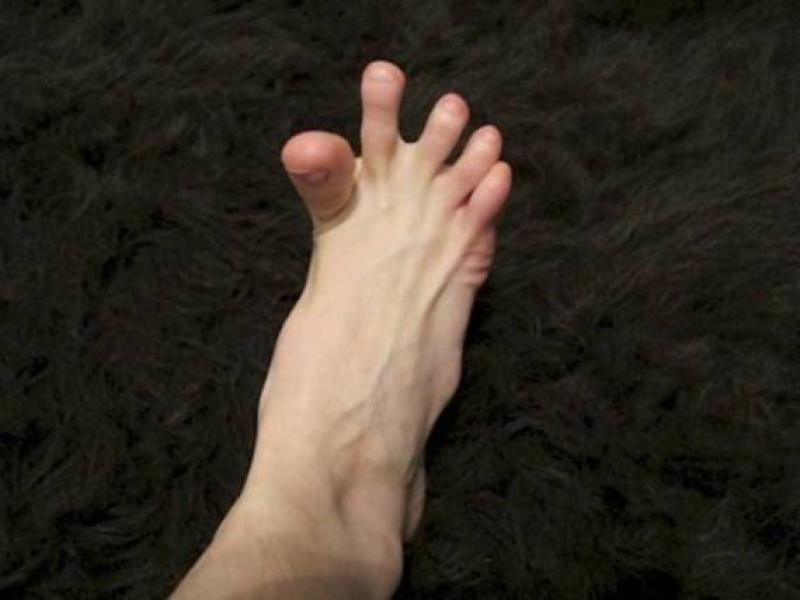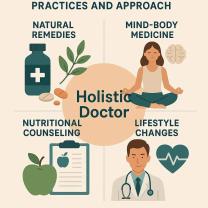Why do legs ache when in bed?
Nighttime leg aches, often referred to as nocturnal leg cramps or night cramps, can be caused by various factors. While the exact cause may vary from person to person, here are some common reasons for leg aches during the night and potential remedies:
Causes:
Muscle Fatigue:
- Cause: Overuse or fatigue of leg muscles, especially if you've been on your feet for an extended period during the day.
Dehydration:
- Cause: Inadequate fluid intake leading to dehydration, which can affect muscle function.
Electrolyte Imbalance:
- Cause: Low levels of minerals such as potassium, calcium, or magnesium, which are essential for muscle contraction and relaxation.
Poor Circulation:
- Cause: Conditions that affect blood circulation, such as peripheral artery disease (PAD) or sitting in a position that restricts blood flow.
Nerve Compression:
- Cause: Conditions like sciatica or compressed nerves in the spine that can cause pain or cramping sensations in the legs.
Medication Side Effects:
- Cause: Some medications, such as diuretics or statins, may have muscle-related side effects.
Pregnancy:
- Cause: Pregnant women may experience leg cramps due to changes in circulation, pressure on nerves, or mineral imbalances.
Restless Legs Syndrome (RLS):
- Cause: A neurological condition characterized by an irresistible urge to move the legs, often accompanied by uncomfortable sensations.
Remedies:
Stretching:
- Remedy: Gently stretch the affected leg muscles before bedtime and when cramps occur. Regular stretching exercises can also be beneficial.
Hydration:
- Remedy: Ensure you are adequately hydrated throughout the day. Drink water regularly, especially if you've been physically active.
Dietary Changes:
- Remedy: Include foods rich in potassium (e.g., bananas, oranges), magnesium (e.g., nuts, leafy greens), and calcium (e.g., dairy products) in your diet.
Warm Baths:
- Remedy: Soak in a warm bath before bedtime to relax muscles. Adding Epsom salt to the bath may provide additional magnesium.
Compression Stockings:
- Remedy: If poor circulation is a concern, compression stockings may help improve blood flow.
Foot Elevation:
- Remedy: Elevate your legs while resting to reduce swelling and improve circulation.
Avoiding Certain Positions:
- Remedy: If you experience cramps in specific positions, try to avoid those positions during sleep.
Addressing Underlying Conditions:
- Remedy: If leg cramps are associated with an underlying condition (e.g., RLS, nerve compression), consult with a healthcare professional for appropriate management.
Medication Adjustment:
- Remedy: If you suspect that medication is causing leg cramps, consult your healthcare provider to discuss possible adjustments or alternatives.
Regular Exercise:
- Remedy: Engage in regular, moderate exercise to promote overall muscle health and circulation. Consult with a healthcare provider before starting a new exercise regimen.
If nighttime leg aches persist or are severe, it's essential to consult with a healthcare professional for a thorough evaluation. They can help identify the underlying cause and recommend appropriate treatment or lifestyle changes.
Leg Ache While in Bed
Leg aches while in bed can be caused by a variety of factors, including:
Poor circulation: When you lie down, your legs tend to swell as fluid accumulates in the lower extremities. This can put pressure on your muscles and nerves, leading to discomfort and aches.
Muscle fatigue: If you have been on your feet all day or have engaged in strenuous activity, your leg muscles may be fatigued and sore. This can be exacerbated by lying down, as the muscles may have difficulty relaxing and stretching properly.
Restless legs syndrome (RLS): RLS is a neurological disorder that causes an irresistible urge to move your legs, especially when you are at rest. This can lead to leg aches, twitching, and jerking movements throughout the night.
Arthritis: Arthritis, such as osteoarthritis or rheumatoid arthritis, can cause pain, stiffness, and inflammation in the joints of the legs. This can be aggravated by lying down and putting pressure on the affected joints.
Nerve compression: If a nerve in your leg is compressed, such as by a herniated disc, it can cause pain, numbness, and tingling in the leg. This can be worsened by lying down and putting pressure on the nerve.
Body Positioning and Leg Discomfort
The position you sleep in can also affect leg discomfort. Sleeping in certain positions can put strain on your muscles and joints, leading to aches and pains. For example, sleeping on your side with your knees bent can put pressure on your lower back and hip, while sleeping on your stomach can arch your back and strain your neck and shoulders.
Preventive Measures
There are several preventive measures you can take to reduce leg aches in bed:
Maintain good circulation: Elevate your legs with a pillow while sleeping to help improve blood flow and reduce swelling.
Stretch regularly: Stretching your legs before bed can help to relax your muscles and reduce fatigue.
Avoid caffeine and alcohol: Caffeine and alcohol can interfere with sleep and make leg aches worse.
Exercise regularly: Regular exercise can help to strengthen your leg muscles and improve circulation.
Maintain a healthy weight: Excess weight can put extra strain on your legs, making them more susceptible to aches and pains.
Consult a doctor: If your leg aches are severe or persistent, or if you have any other concerns, see a doctor to rule out any underlying medical conditions.
In addition to these preventive measures, you may also find it helpful to use a heating pad or take a warm bath to help relax your muscles and relieve pain. If your leg aches are severe or interfere with your sleep, see a doctor to get a diagnosis and treatment plan.













